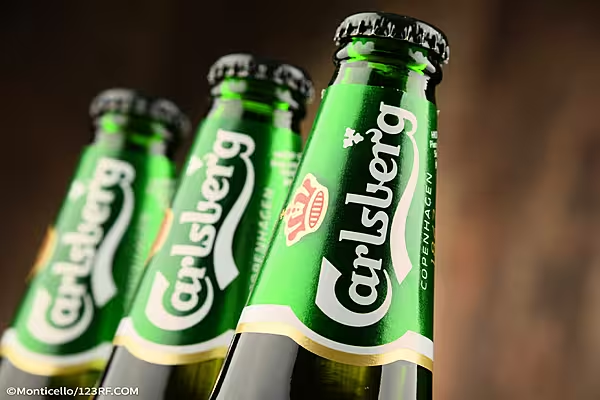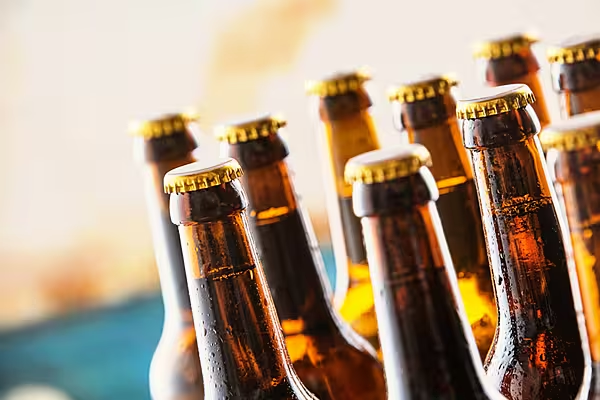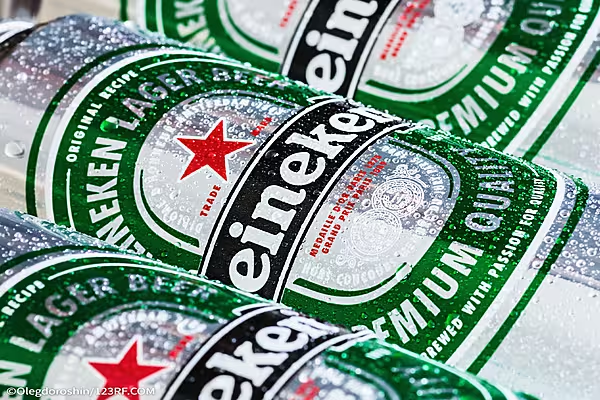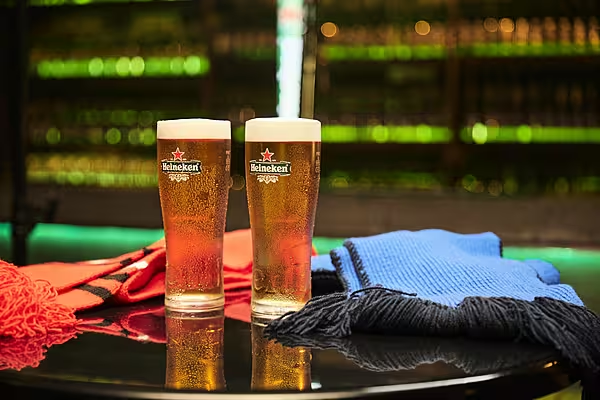Danish brewer Carlsberg said on Thursday it was difficult to say what price it could achieve for the Russian business it put up for sale last month and there were attendant risks, but it was seeing buying interest.
Carlsberg, the Western brewer most exposed to the Russian market, joined rivals Anheuser-Busch InBev and Heineken in seeking to withdraw after Moscow invaded Ukraine on 24 February.
"There is absolutely interest in the business," Cees 't Hart, chief executive said on a conference call.
"We're making good progress, but it may take quite a while." He did not name any potential buyers.
Carlsberg last week said it expected the sale to result in a write down of about 9.5 billion Danish crowns.
"(Our calculations) brought us to a certain valuation in the market. The question of course is whether we can get that valuation. That is difficult to assess," Hart said. "Of course there are risks associated with this unprecedented situation."
The company holds a 27% share of the Russian market through its ownership of the country's biggest brewer Baltika.
Operating Profit
Carlsberg last year generated 10% of its total revenue and 6% of its operating profit in Russia, where it has eight breweries and 8,400 employees.
Hart also said it had reopened its Ukrainian breweries in Kyiv and Lviv, although they were not running at full capacity.
The breweries were closed following what the Kremlin calls a 'special military operation'.
First Quarter Sales
The world's third-biggest brewer said sales in the first quarter rose 27% to 14.9 billion Danish crowns ($2.10 billion).
The numbers did not include sales in Russia.
The rise was in part due to an 'easy comparison' to a year earlier when coronavirus lockdown measures closed many restaurants and bars.
The company's shares have recovered slightly since it announced it would exit the Russian market, but remain down around 10% since the start of the invasion.
They were trading 3.9% higher at 0820 GMT.
Carlsberg left its full-year guidance for operating profit unchanged with a forecast at between minus 5% and plus 2%.
News by Reuters, edited by Donna Ahern, Checkout. For more Drinks stories, click here. Click subscribe to sign up for the Checkout print edition.









